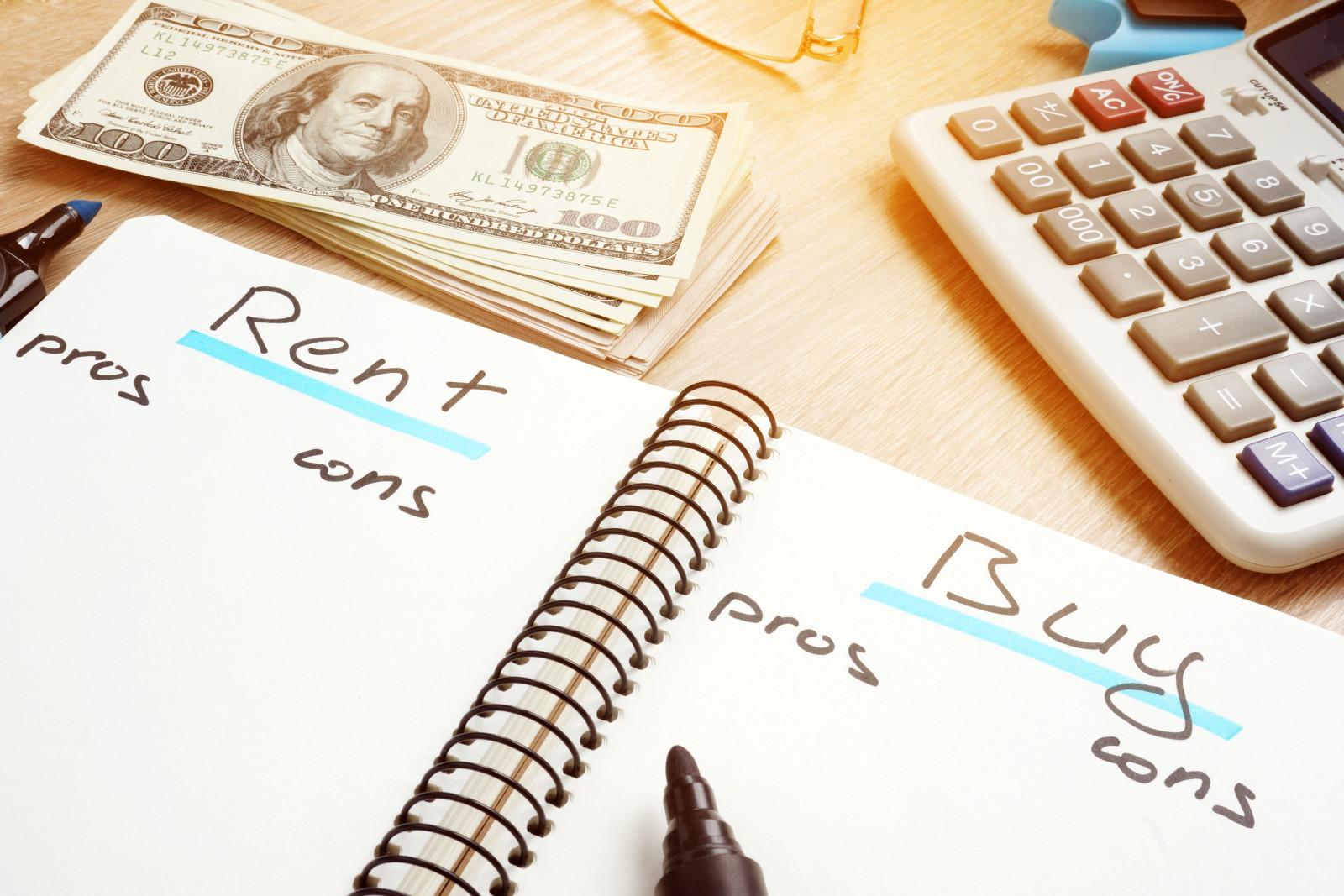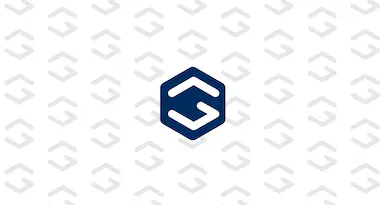
Deciding whether to rent or buy a home is a significant choice that impacts your finances and lifestyle. Both options have benefits, and the best choice depends on your circumstances, goals, and priorities. Let’s delve into the key aspects of renting and homeownership to help you make an informed decision.
Financial Commitment: Rent vs Mortgage
Renting generally requires less financial commitment upfront. You might pay a security deposit, but this is often less than a down payment on a house. On the other hand, homeownership involves a mortgage, which can be a long-term financial commitment but also contributes to building equity over time.
Flexibility vs Stability
Homeownership offers unparalleled stability and a sense of permanence that renting cannot match. While leases provide short-term flexibility, they lack the long-term benefits of owning a property. A homeowner enjoys the freedom to settle down without the uncertainty of lease renewals and can take pride in their investment in their future. The selling process may be less flexible than renting, but it is a testament to owning a home's enduring value and commitment.
Creative Control: Personalization vs Restrictions
Homeownership offers the freedom to customize your living space without needing permission from a landlord. This creative control is a significant draw for many. Renters often face restrictions on alterations and must maintain the property as is, which can be a drawback for those who wish to personalize their space.
Financial Growth: Building Equity vs Renting Costs
Over time, homeowners can build equity in their property, especially if its value increases. This equity can be a valuable financial asset. Renters don’t build equity through monthly payments and may face rent increases at lease renewal times, which can make budgeting a challenge. Our new Rent Vs. Buy online calculator can help you determine whether renting or buying is more advantageous for your personal financial situation.
Maintenance Responsibilities
Homeowners are responsible for all maintenance and repairs, which can be costly and time-consuming. Renters have less responsibility for maintenance, as landlords typically handle major repairs, offering a more hassle-free living situation. Ultimately, the choice between renting and owning can also reflect a preference for either personal control over one’s living space or the convenience of less responsibility for its maintenance.
Tax Considerations
Homeowners may benefit from tax deductions on mortgage interest and property taxes, which can be a compelling financial incentive. Renters don’t receive these tax benefits, which is important when comparing the overall costs.
Lifestyle Considerations
Ultimately, renting and owning should align with your lifestyle and financial situation. If you value flexibility and minimal responsibility for maintenance, renting might be the better option. Homeownership could be the right path if you’re looking for stability, financial growth through equity, and the freedom to make your home truly your own.
In conclusion, there’s no one-size-fits-all answer to the renting vs. homeownership debate. It’s about weighing the differences and deciding what best aligns with your current and future needs. Whether you choose the path of renting or the homeownership journey, ensure it complements your lifestyle and serves your long-term financial goals.
Sources:
The Pros and Cons of Renting vs. Buying a House (Zillow.com)
Renting vs Owning: The Biggest Differences And How They Compare (lower.com)
Renting vs. Buying a Home: What's the Difference? (investopedia.com)


